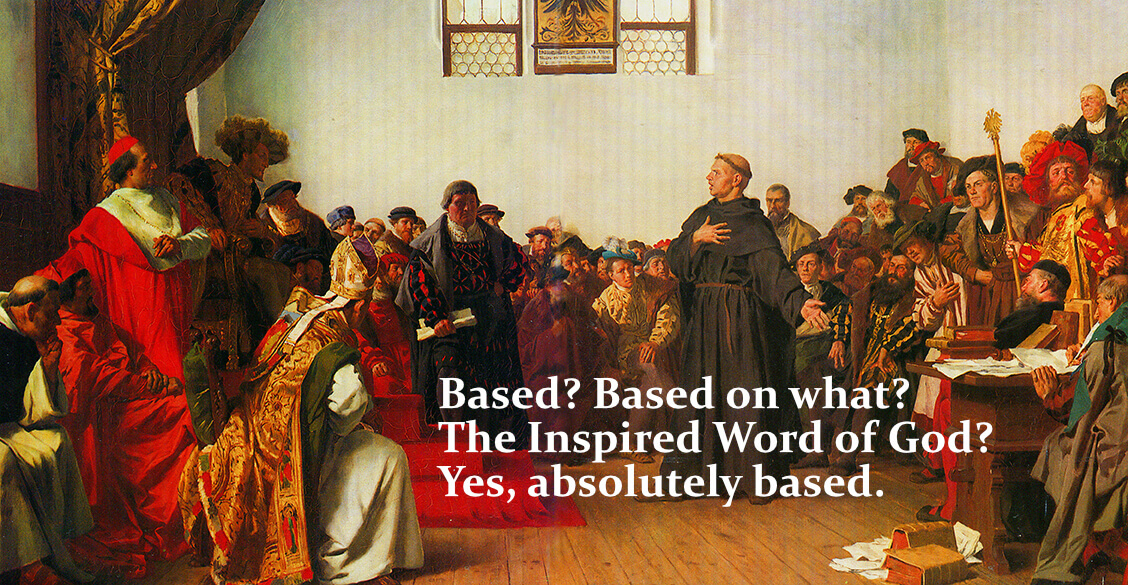According to Their Generations

Podcast: Play in new window | Download (Duration: 1:14:20 — 142.2MB) | Embed
Hosts

Corey J. Mahler

Most modern Christians have bought into the cultural argument that the provenance of ideas does not matter, but this is not the Scriptural view of things. God is deeply interested in genealogy — and that includes the genealogy of ideas — and Christians should take the matter seriously. Ideas, beliefs, et cetera, should not be analyzed in a vacuum — they should be analyzed according to their nature and according to their source.
In this episode, we address a number of related issues including genealogy, ideas, the genealogy of ideas, ancestry, the Fourth Commandment, and morality.
Subscribe to the podcast here.
Show Notes
- History of Women in the Church (mentioned in episode):
- Matthew Cochran (mentioned in episode)
- The Lutheran Alternative
- Problems currently facing and the future of Lutheranism.
See Also
Support the Podcast
Comments?
Join the discussion on Telegram, visit the feedback form or comment below.
Start the discussion at omnifora.com